Discover 10 common mistakes that users often make and that you can avoid to avoid wasting your time and money to make your Home Smart.
Mistake n°1: Adopting different ecosystems of different brands
Mistake n°1 is to adopt different ecosystems from different brands.
An optimised Smart Home experience is, in my opinion, a home where all devices communicate with each other.

If you use smart devices of different brands that are not compatible with each other, you will probably have different applications on your phone to manage each device and if you want them to interact with each other in scenes, it could be an impossible task.
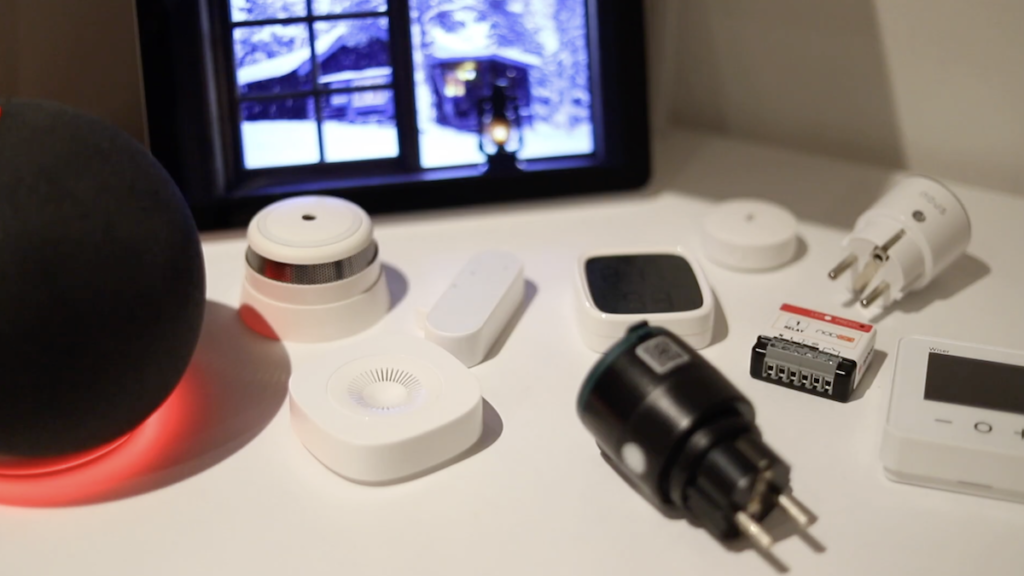
For example, if you have a motion sensor from one ecosystem and you want another ecosystem’s alarm to sound in case of motion detection, the task might be difficult if you did not see the compatibilities beforehand.
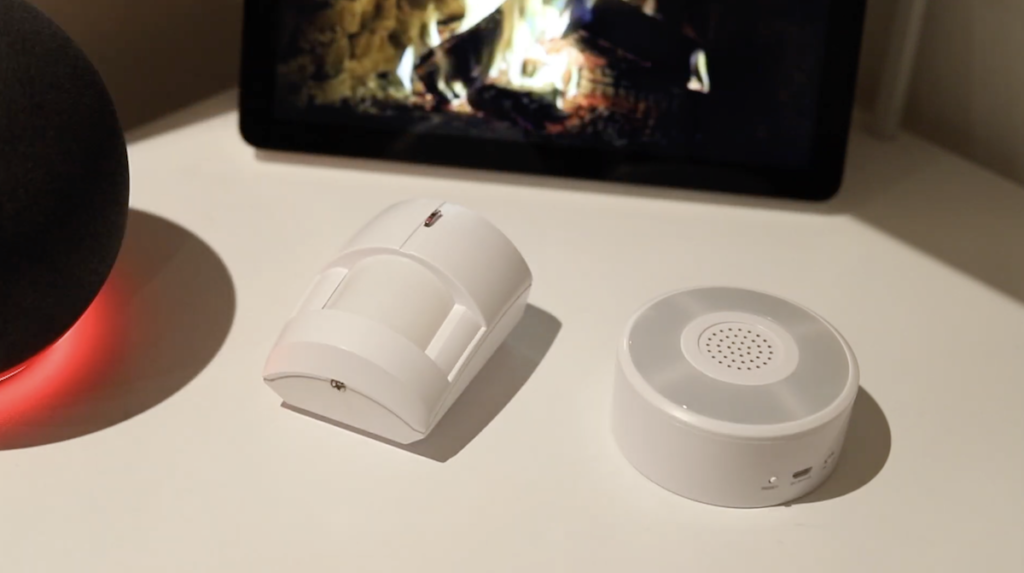
For this reason, I have shown in different contents the Zigbee wireless technology that you can find in multiple brands in the market and with this technology, if you use a home automation hub compatible with all these brands, you can put everything together in the same interface.
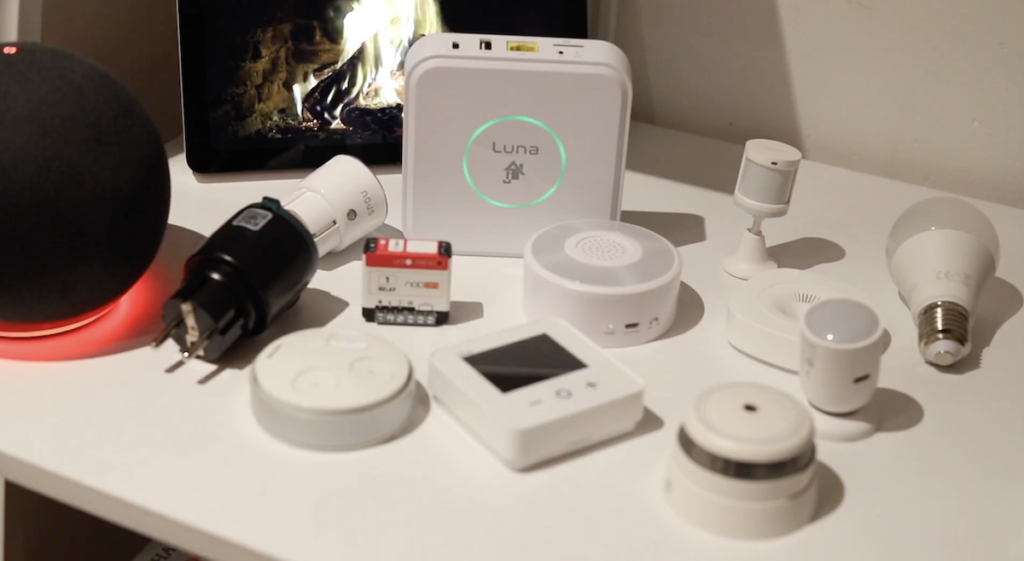
So you only have one application and these devices can communicate with each other.
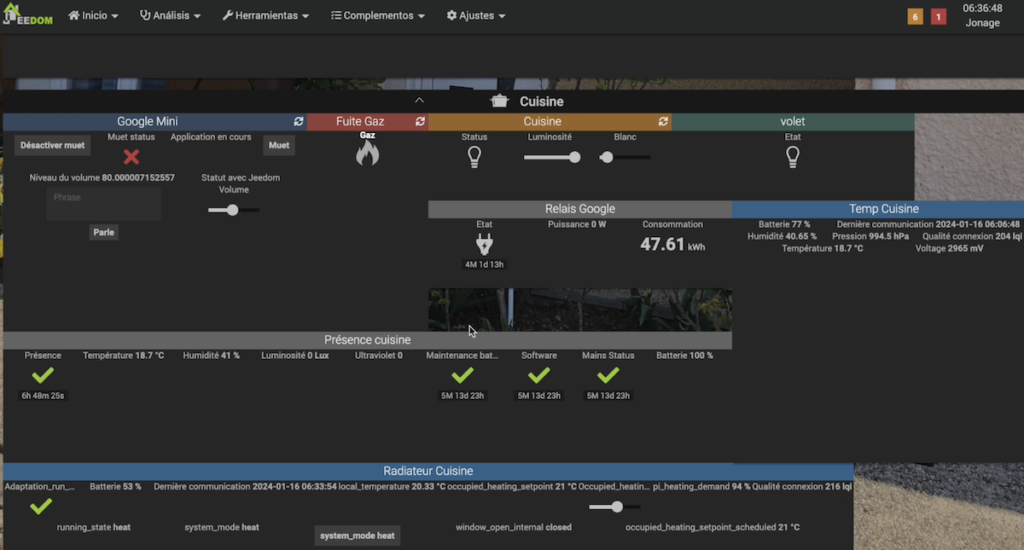
Mistake n°2: Making your Home Smart depending on ecosystems
Mistake n°1 can also lead to mistake n°2, which is to rely on closed and limited ecosystems when it comes to making your home smart.
In the 11 years that I have been in this smart home world, I have seen many brands propose smart devices or home automation hubs that only worked through the cloud, meaning that in case of internet outage or even worse, in case the company closes its doors or decides to abandon its project, you must surely throw the devices in the trash.
And this has happened many times. Just looking back 5 years, we can see that many of the brands that offered smart devices have disappeared.
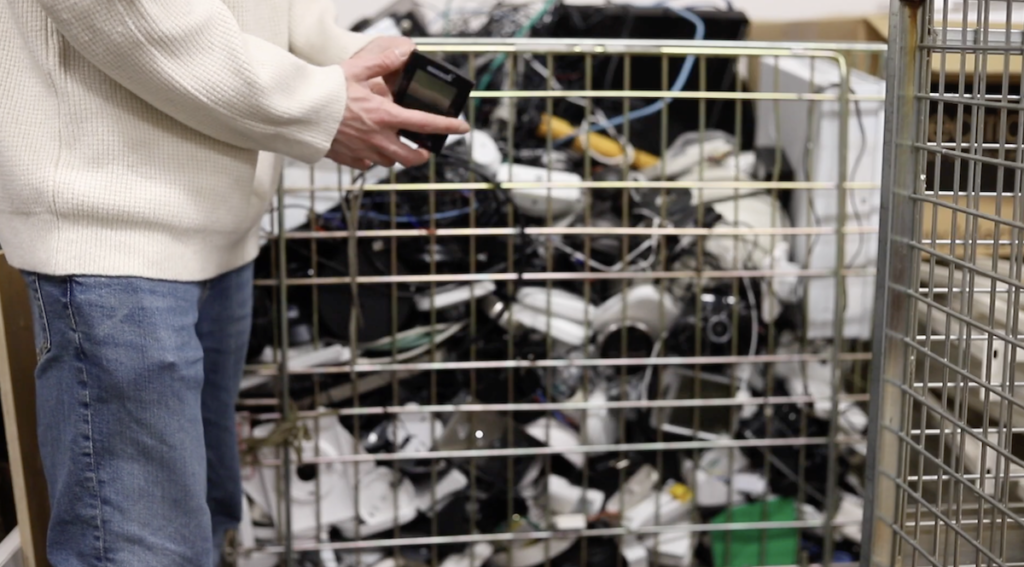
For this reason, wireless technologies such as Zigbee, which is adopted by thousands of brands and can work with different home automation hubs, is a good option because if a company closes its doors, you won’t throw your smart devices away as you can easily migrate to another home automation hub.
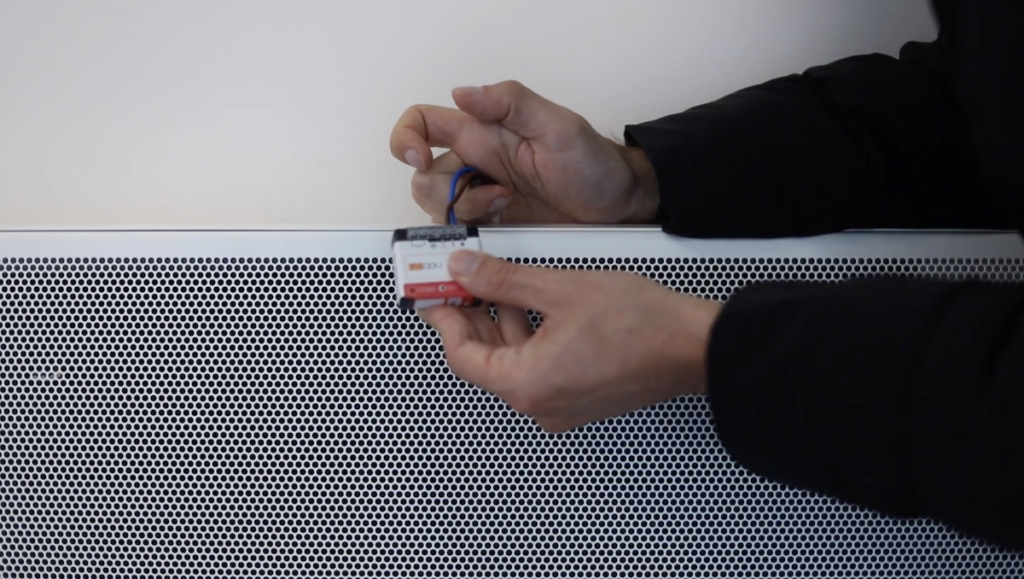
The same is true for a Zigbee smart device that performs a precise function, such as managing an electric radiator. If the company closes its doors and your device has a technical failure, you can always use a Zigbee smart device from another brand that fulfils the same function.
Mistake n°3: Getting device compatibilities wrong
But even so, if you have in mind to use only Zigbee wireless devices to unify your installation, you can make the mistake n°3 which is to choose a smart device that is not compatible with your ecosystem.
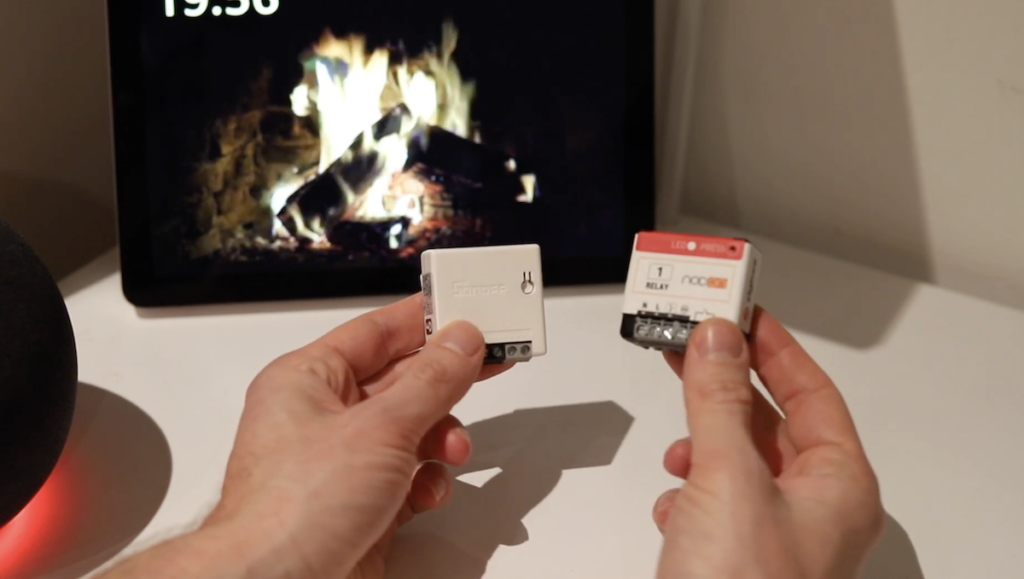
This is a common mistake among users.
They think, for example, that by having a Zigbee home automation hub, they can buy any Zigbee smart device because they use the same technology.
But this is not the case.
Before any purchase, you should always check that your bulb, socket, sensor or any other device is compatible with your home automation hub.
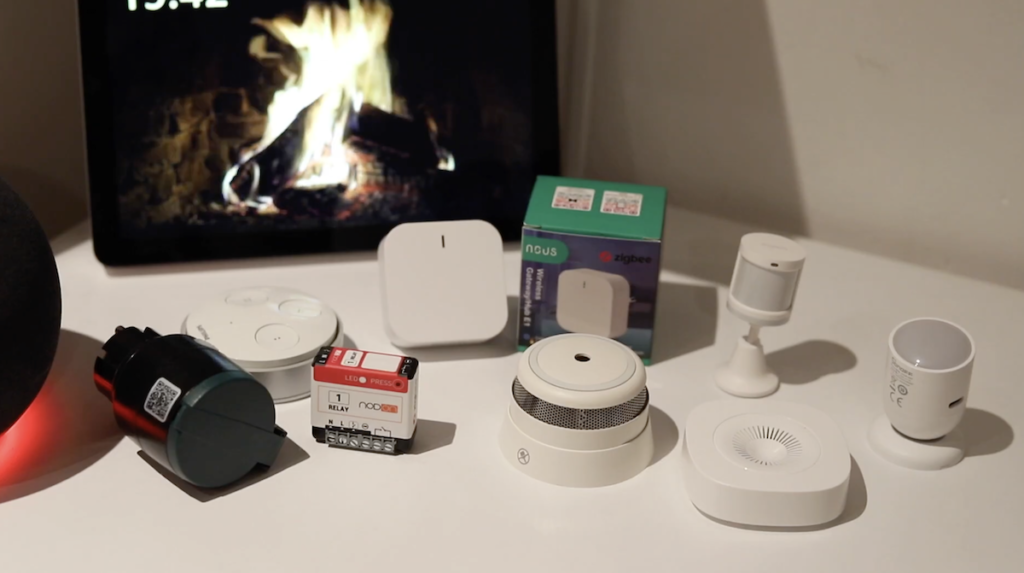
For this, there are different ways to identify these compatibilities.
First, we have home automation hubs designed by the same brands that create their smart devices, such as Aqara.
Although they use Zigbee technology, you can only use Zigbee smart devices from the same brand as they have not opened up compatibility to other brands.
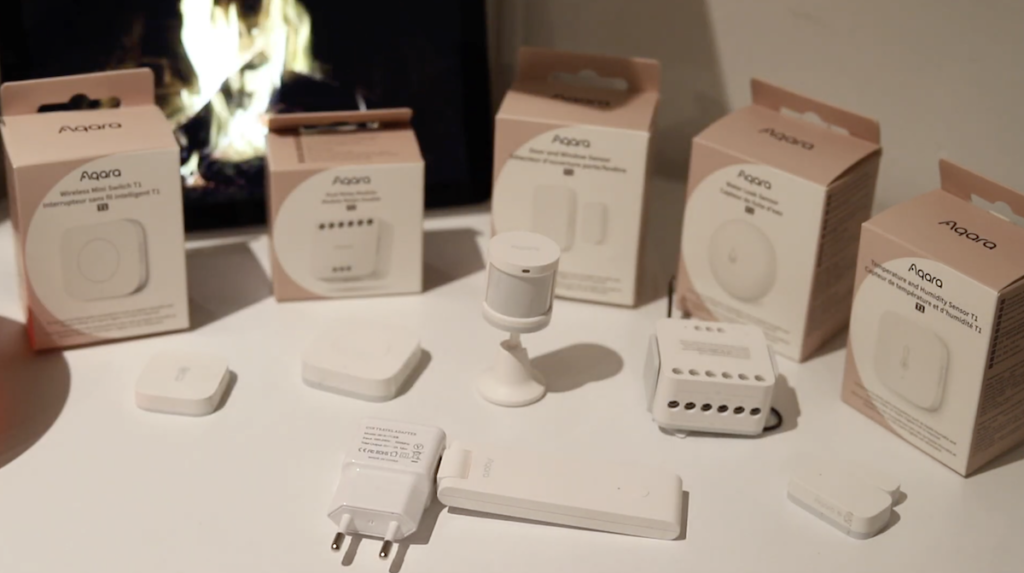
So if you are looking to buy Zigbee smart devices from different brands, there are currently 2 big schools.
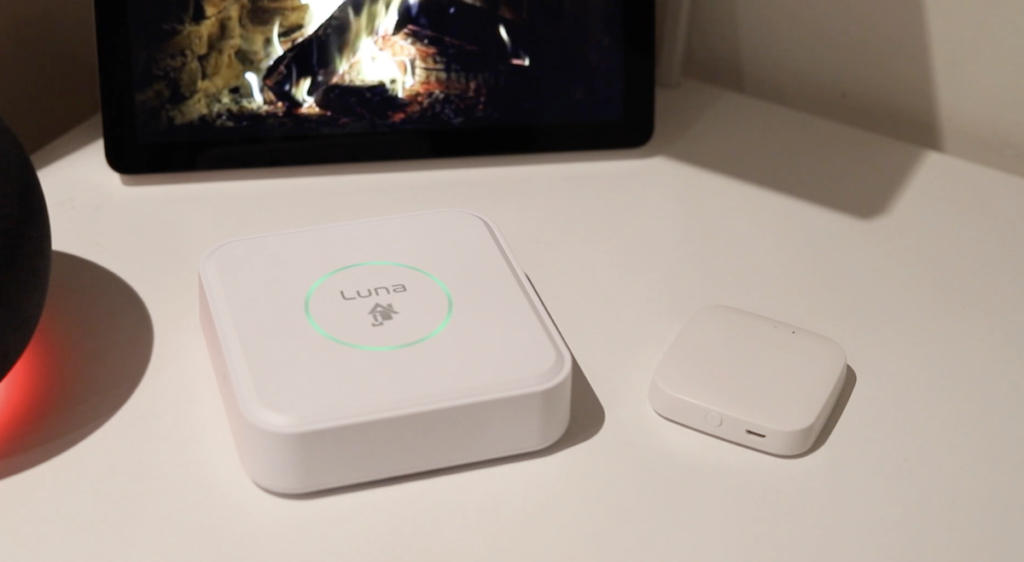
Users who have a Tuya home automation hub, such as one from the Lidl brand or any other from the Tuya ecosystem.
In this case, it’s simple, every smart device that has the Tuya logo, unless an exception is made, will be compatible with your Tuya home automation hub.
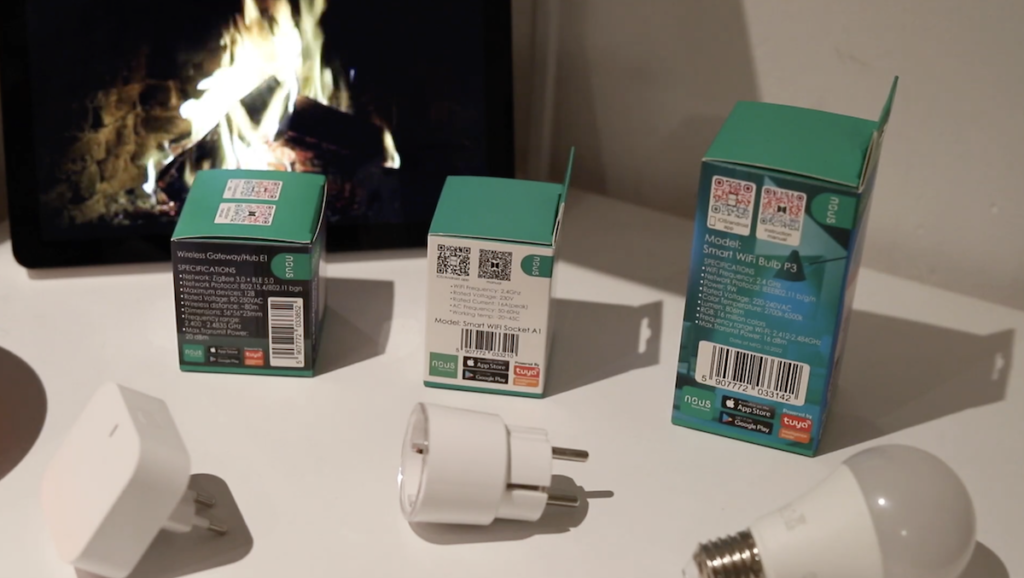
Other Zigbee devices on the market that do not have a Tuya logo can, with few exceptions, be discarded.
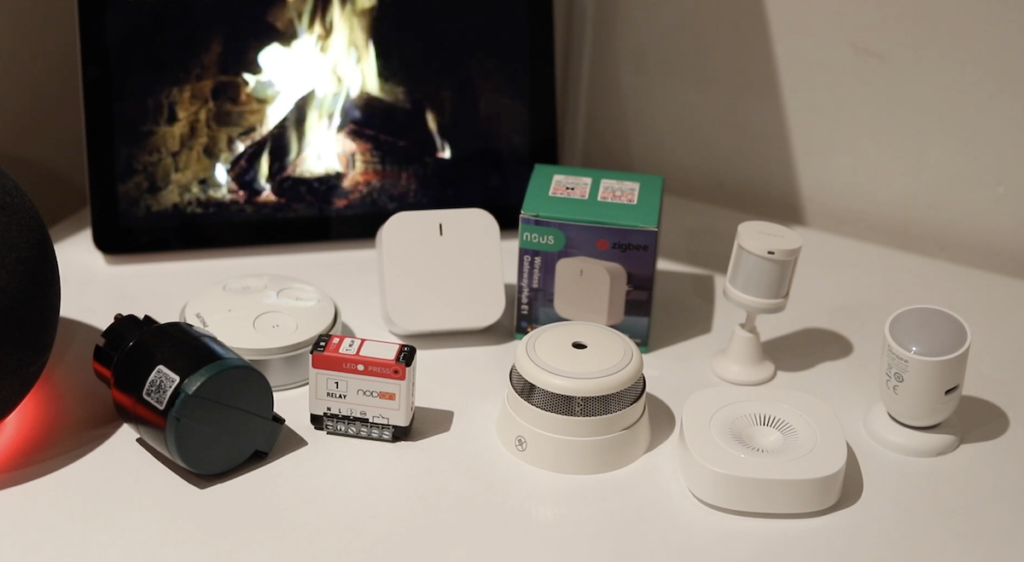
Other users have a universal home automation hub from Jeedom or Home Assistant.
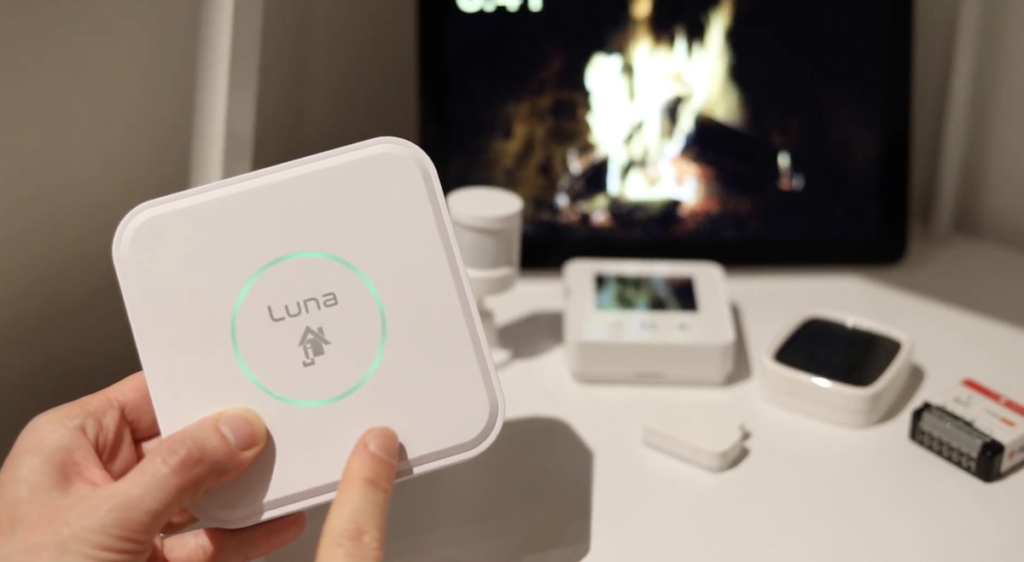
In this case, if you use the famous Zigbee2Mqtt library, you should go to the Zigbee2Mqtt compatibility page to verify which device is compatible with your home automation hub before any purchase.

And with Home Assistant or Jeedom, the big advantage is that most Zigbee smart devices, either with or without the Tuya logo, can be used with your home automation hub.
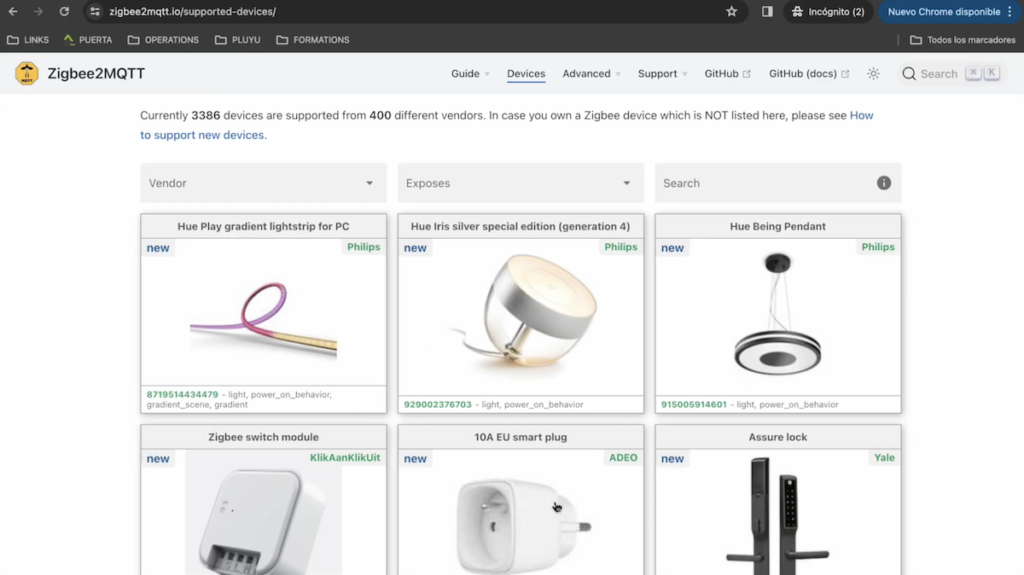
So if, for example, you buy light bulbs from Ikea, motion sensor from Philips Hue, switch from Legrand, plug from Schneider Electric, signal repeater from Loratap, temperature sensor from Sonoff, kibble dispenser from Aqara and so on with many brands, you can put it all together in one interface thanks to Home Assistant or Jeedom so they are currently the solutions that offer the most freedom to create your smart home.
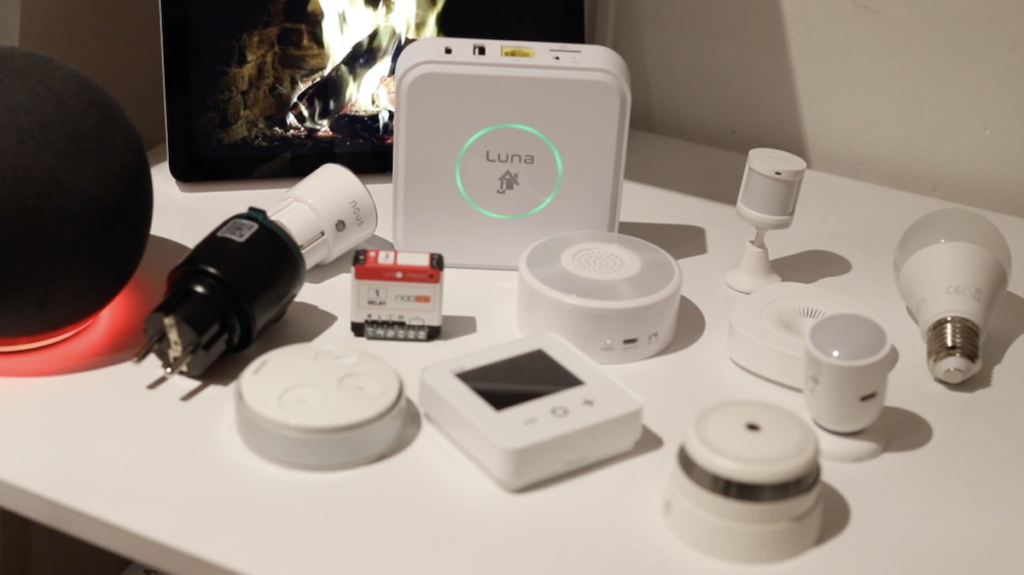
Mistake n°4: Subjecting a smart module to a high electrical load
A smart module can be used to control different aspects of your smart home such as a radiator, boiler, pool filtration and other electrical devices.
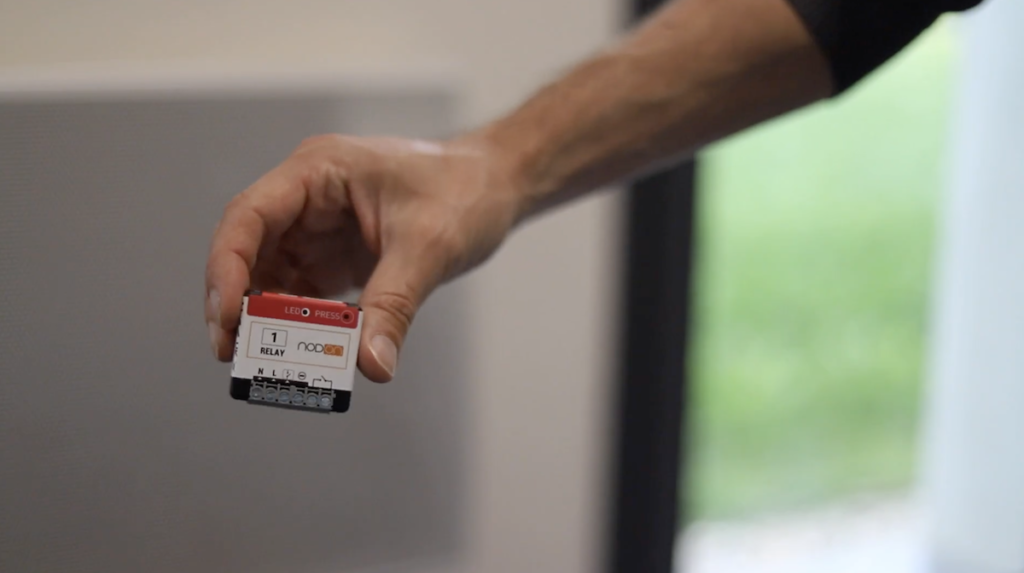
Its function is very practical as you can remotely activate or deactivate this traditional electrical device from your phone and program automatic activation and deactivation.
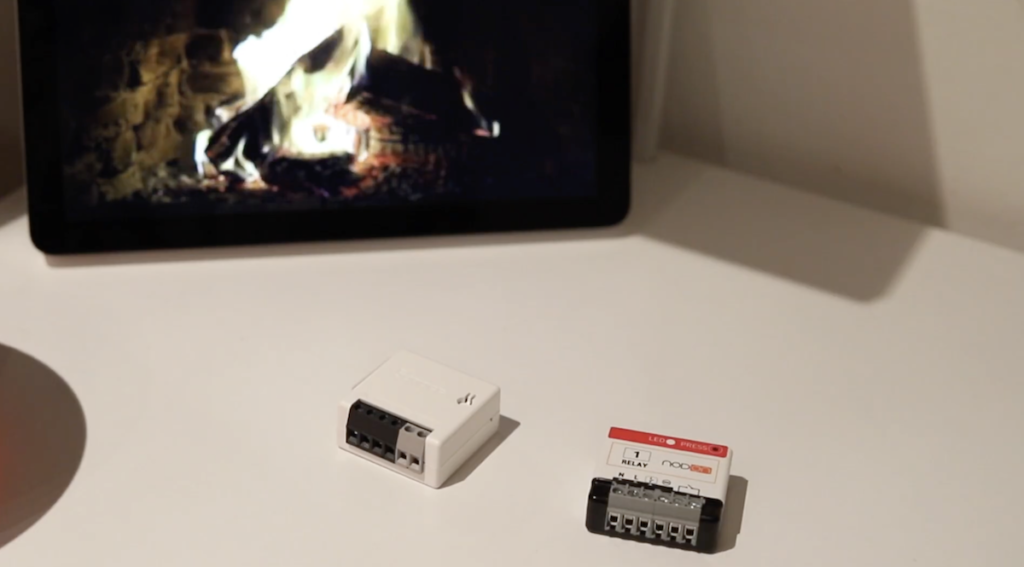
Although most smart modules usually state that they can handle 10A or up to 16A, when handling high loads, such as the devices I have mentioned, I recommend using your smart module with a power contactor from a well-known brand such as Schneider Electric or Legrand.
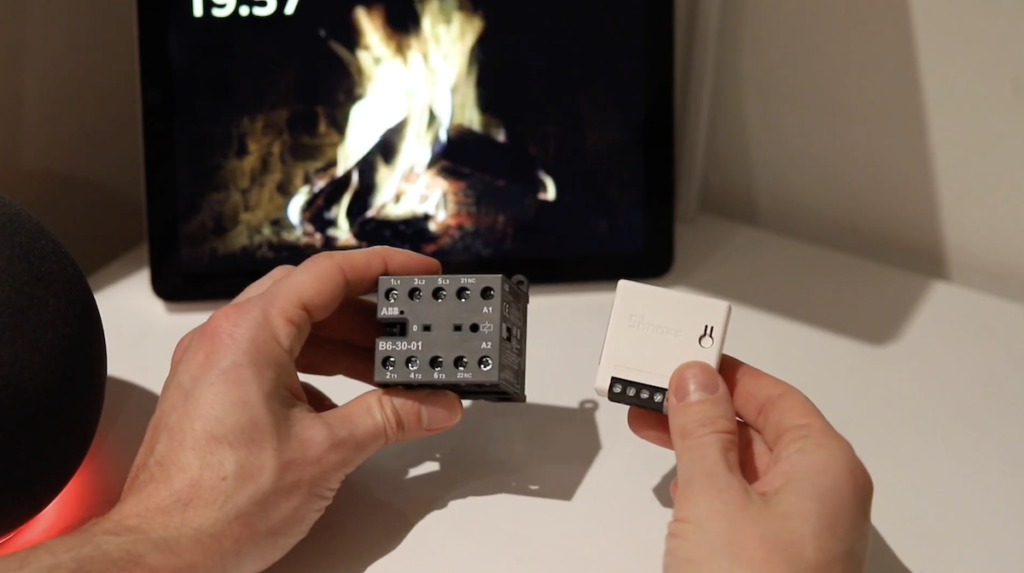
Your smart module will continue to perform its function of activating or deactivating your radiator, boiler, pool filtration or any other device, but it will do so through your contactor, which will manage the electrical load.
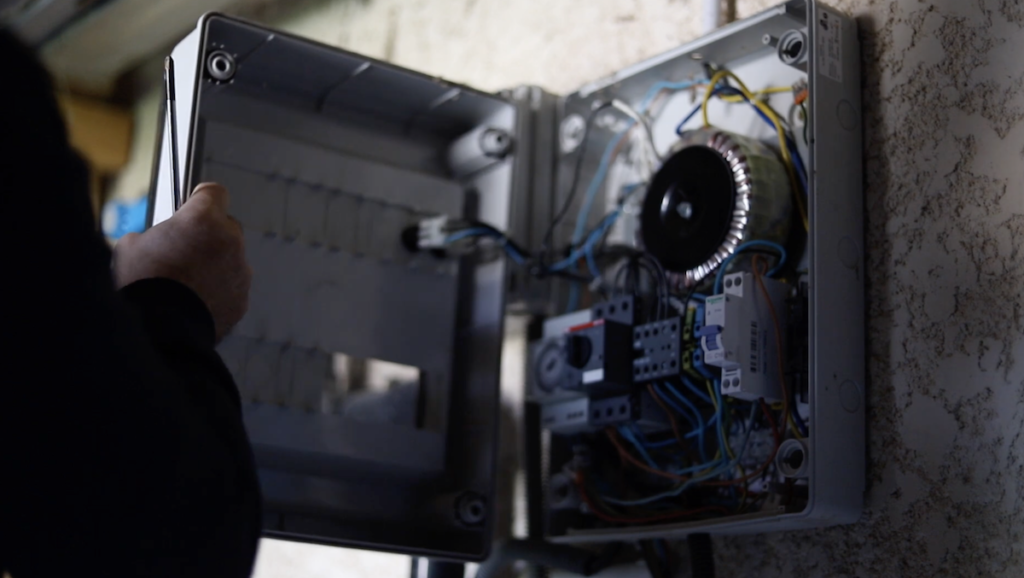
Therefore, your smart module will not be subjected to high loads and thus, you will ensure a long life of the device and avoid technical failures.
Mistake n°5: Wrong type of intelligent module
Mistake #5 is choosing the wrong type of smart module or smart switch to make your home smart.
To manage your lights, there are 2 types of smart switches and smart modules: some that are installed with phase and neutral wire and others that do not need the neutral wire.
Many users make the mistake of buying smart modules or smart switches that need the neutral wire and then realise, when they want to install the module or switch, that there is no neutral wire in the wall.
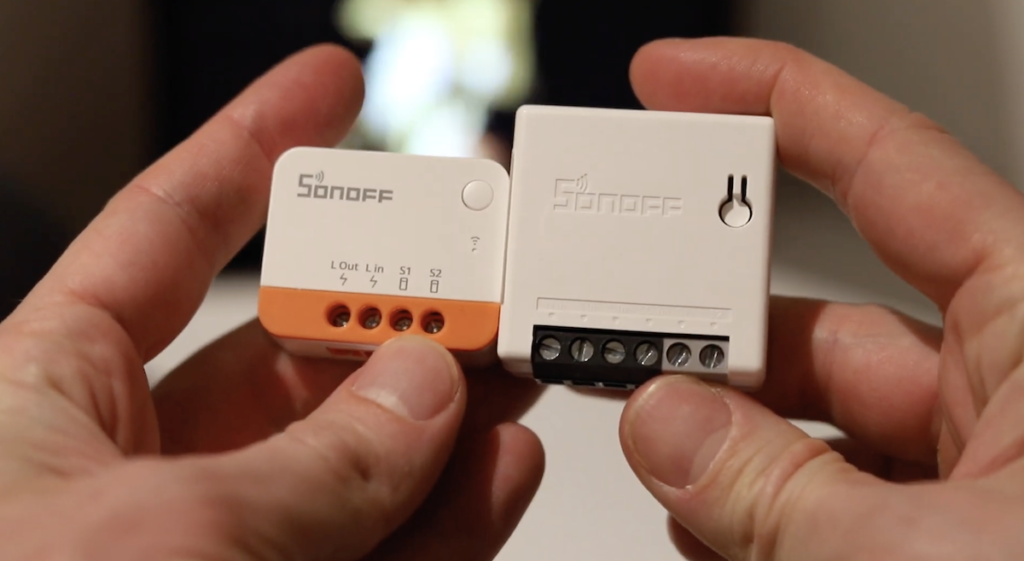
Therefore, they will not be able to use the module under these conditions.
Before making a purchase, I recommend that you check your electrical wiring to avoid making this type of mistake.
Mistake n°6: Not taking into account the range in a smart home
Mistake n°6 is not taking into account the communication range of your smart device.
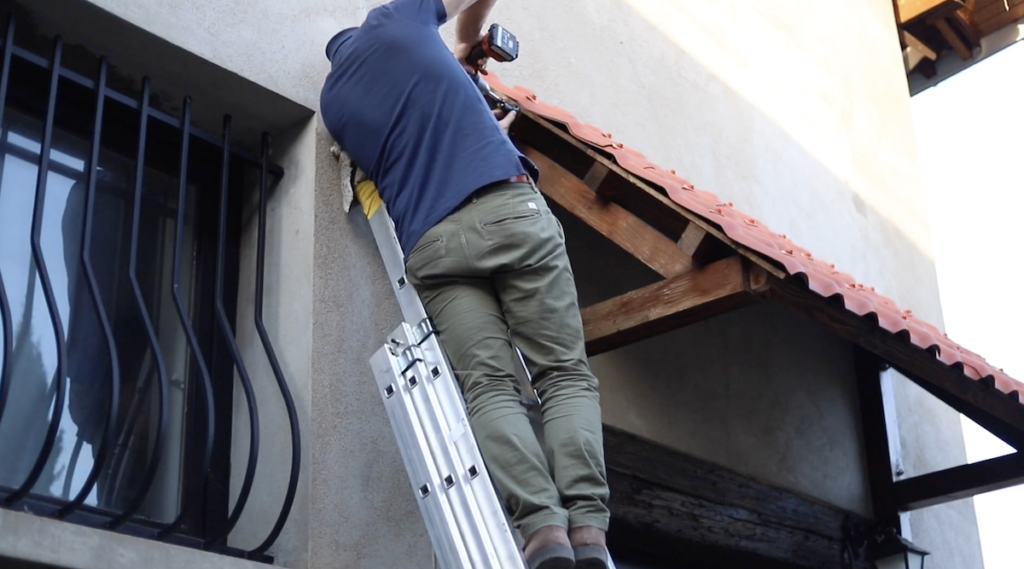
When using a smart device, whatever its wireless communication technology, you should be aware of its range limit.
Just as when you move away from home and you no longer have a WIFI network on your phone, when you install a device in your home, this distance must be taken into account so that it can communicate properly.
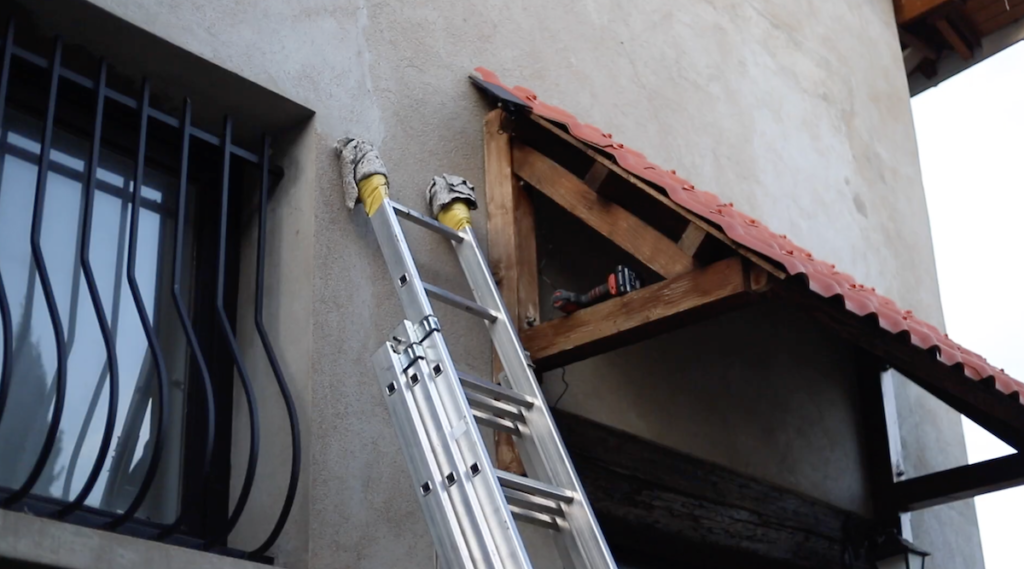
Wireless communications can be disturbed by different reasons such as walls, the type of walls and their thickness or even other factors such as weather conditions if you have your smart device installed in your garden.
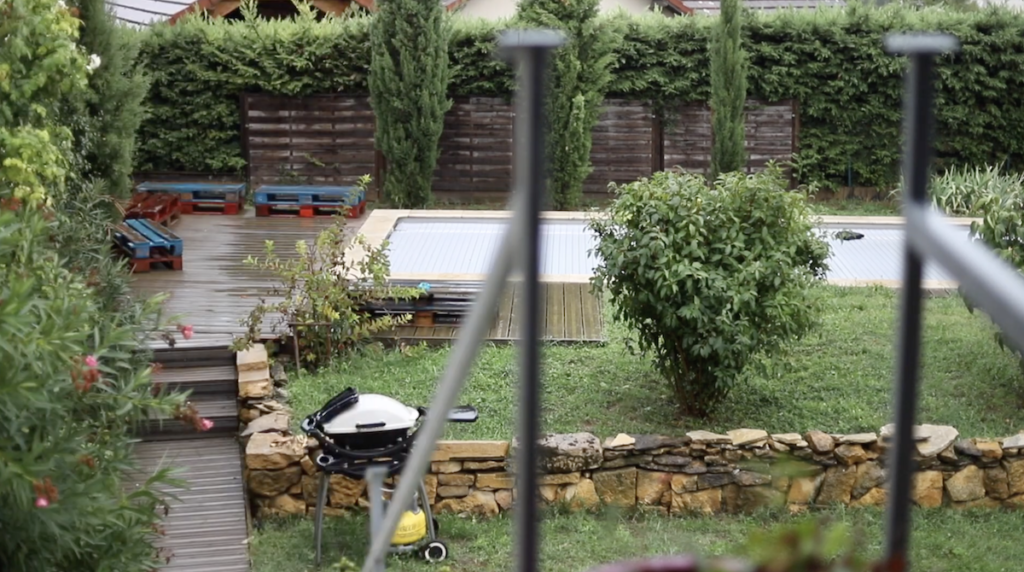
If you use a smart device with WIFI technology such as a camera in your garden but you cannot see the image captured by the camera from your phone, perhaps it is because you do not have sufficient range with your internet router and therefore, you should consider modifying the location of your router or buying signal repeaters.
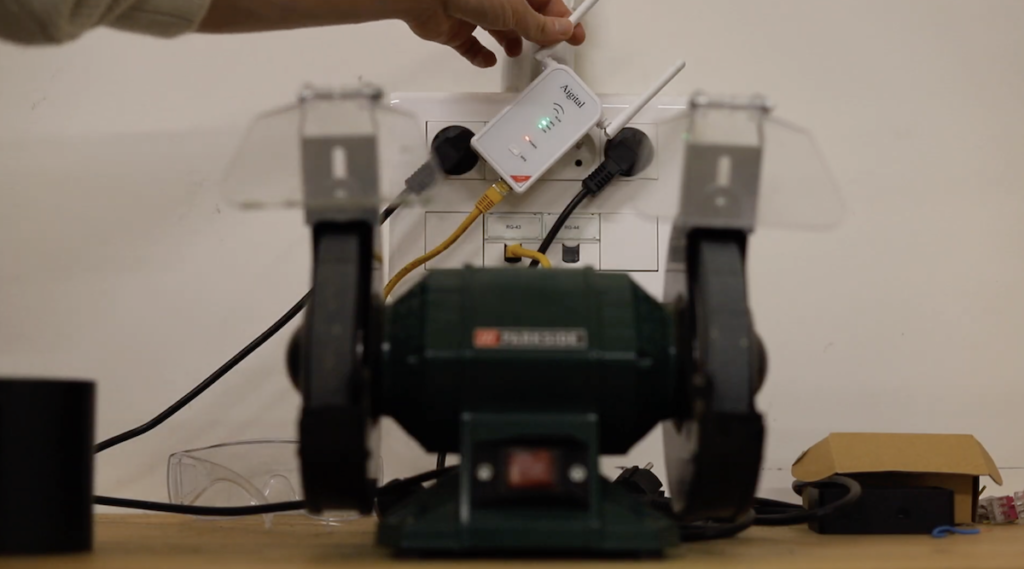
If you use Zigbee technology in your smart device such as a module that manages pool filtration or smart lights in the garden, the advantage of this technology is that if the range is insufficient, you can add signal repeaters for a few euros.
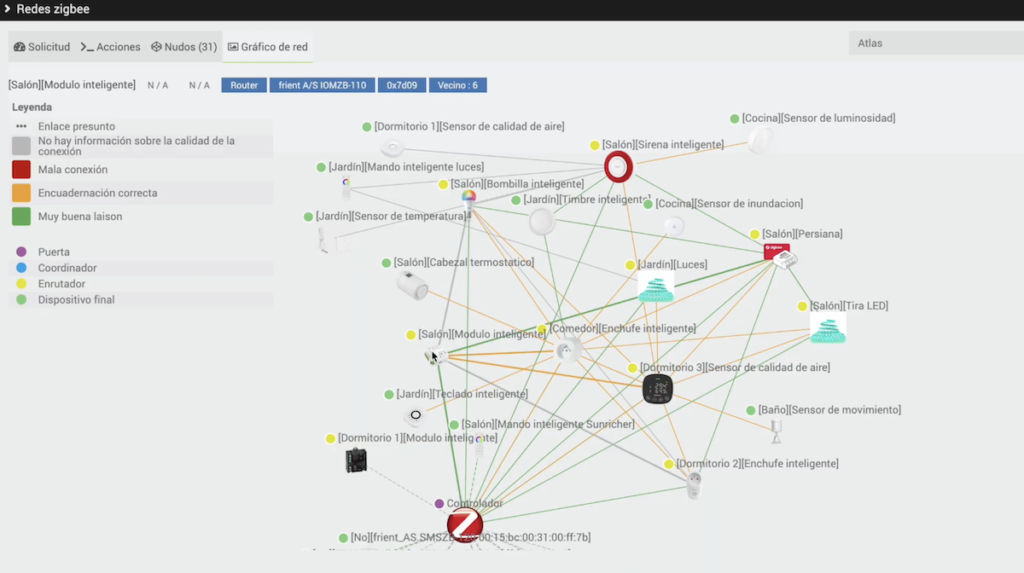
Like smart light bulbs.
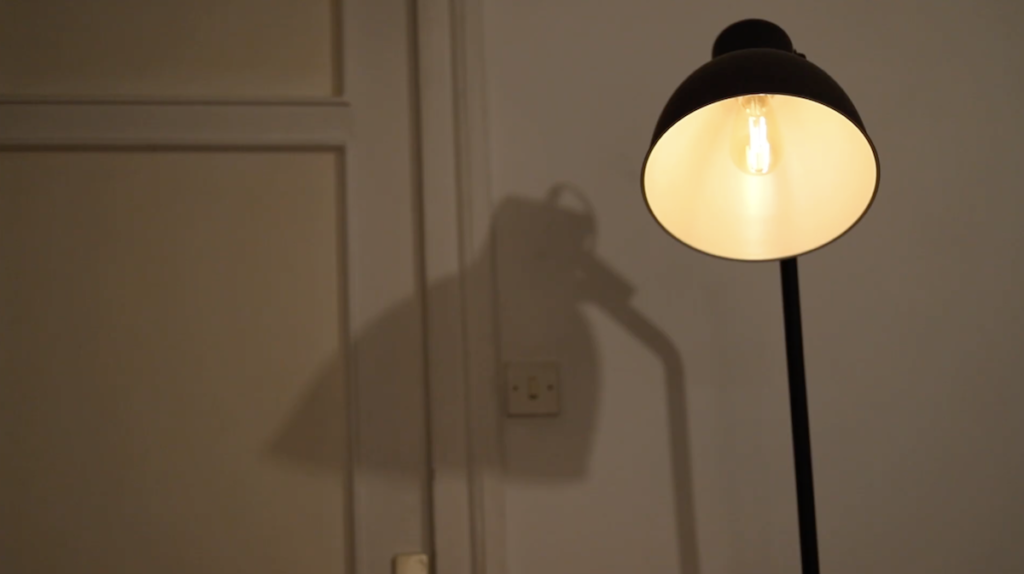
Smart USB keys.
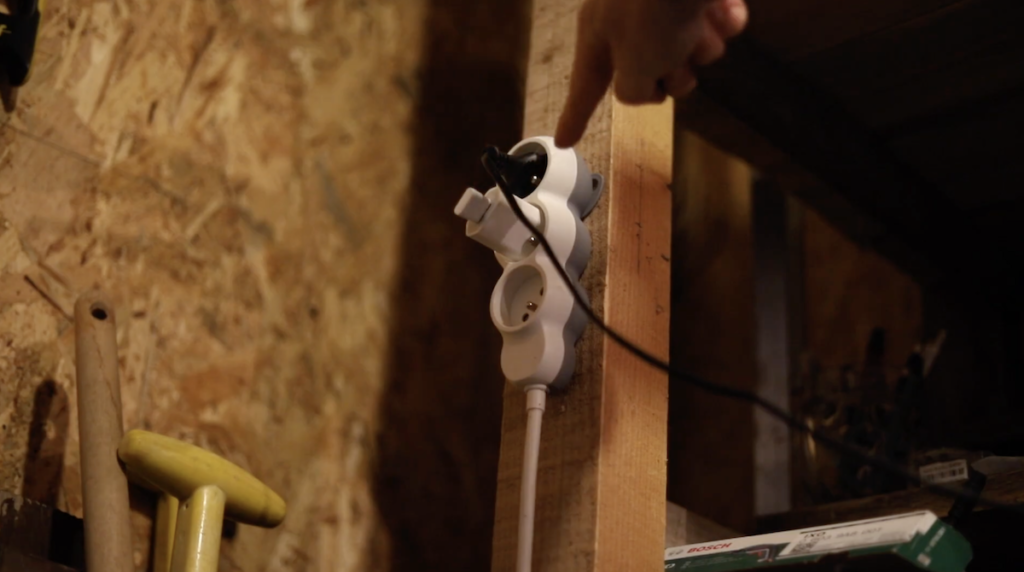
Intelligent modules.
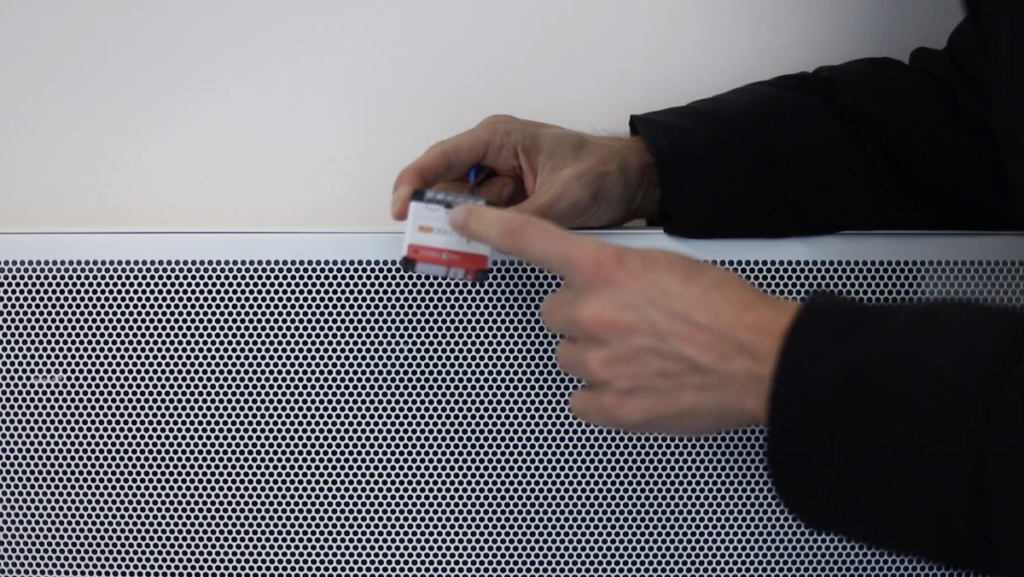
Smart plugs.
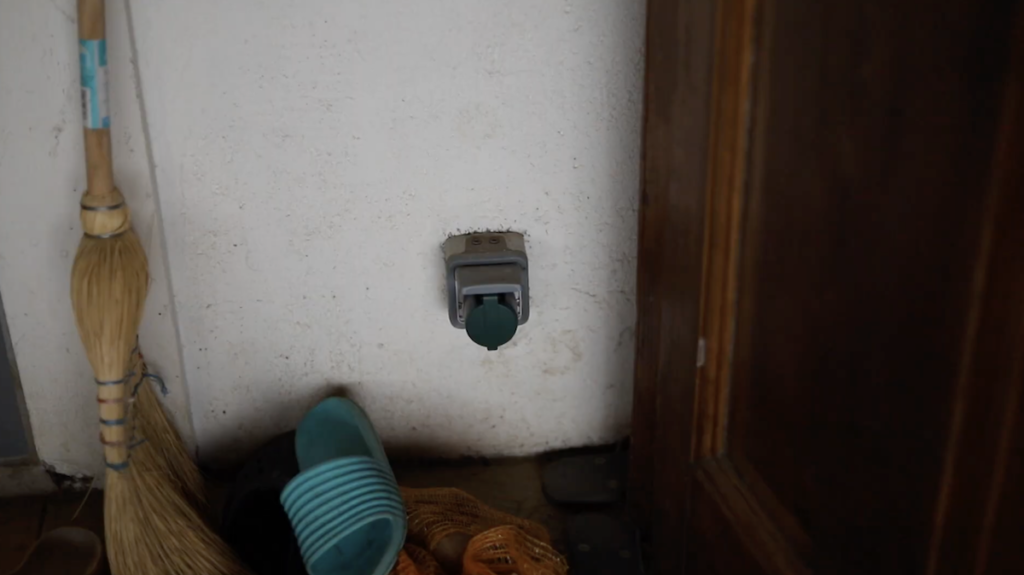
In short, any Zigbee device that is electrically connected to the power supply.
Mistake n°7: Failure to choose the right signal repeaters
And this mistake leads to another mistake, which is not choosing the right Zigbee signal repeaters.
To have reliable communications in your smart home, it is advisable to have smart devices that repeat the signal.
I have mentioned power connected devices that can repeat the signal but there is one exception and that is a smart module that does not use the neutral wire such as the Sonoff ZBMINIL2.
By not using the neutral wire, this type of device cannot repeat the signal.
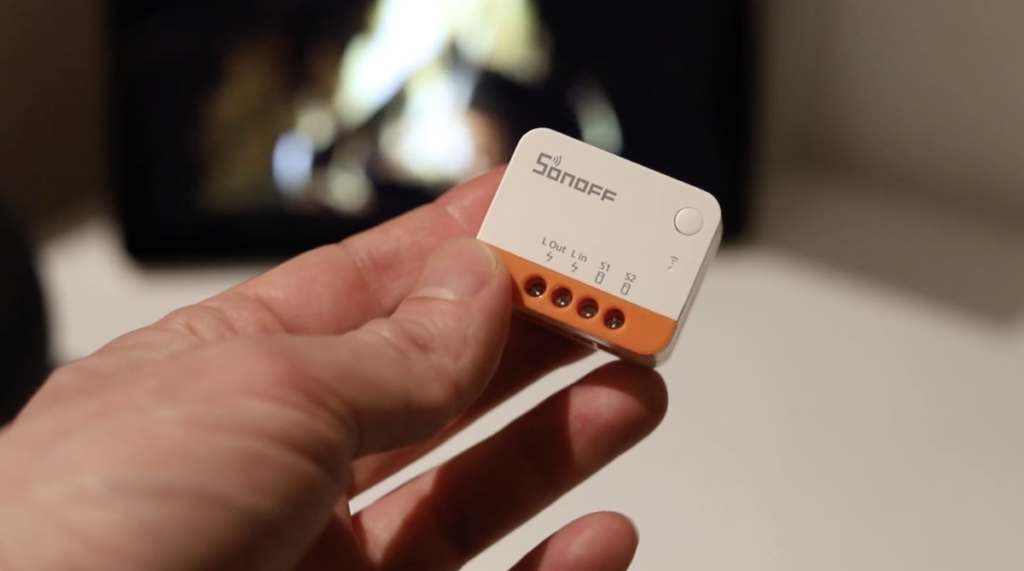
And of course, sensors and other battery-operated devices cannot repeat the signal either, basically because they tend to sleep most of the time so as not to waste their batteries and therefore do not integrate this signal repeating function.
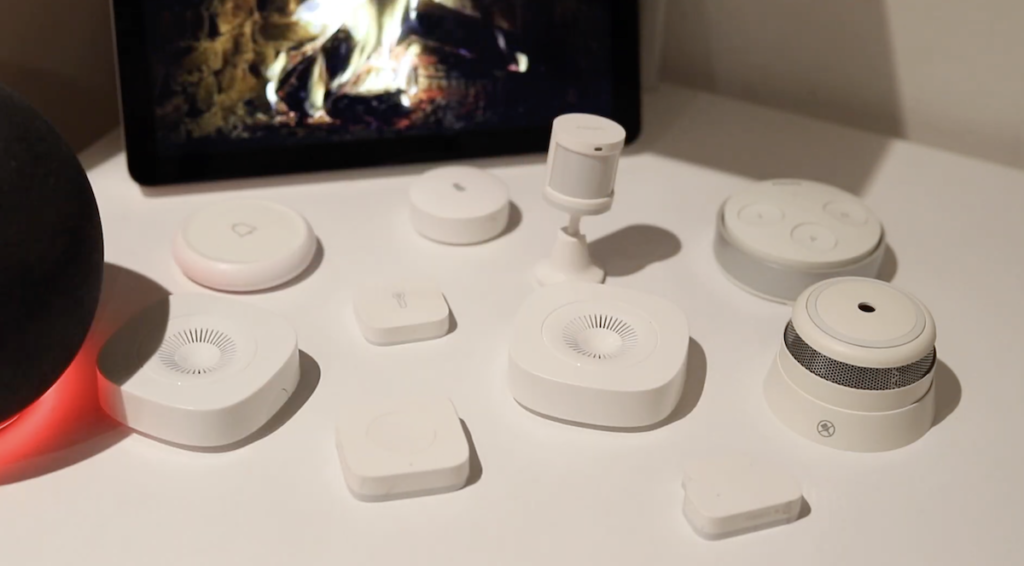
So if you want to control your entire smart home and even your garden from your phone and with routines, you should look into some plug-in devices to implement for more reliable communications.
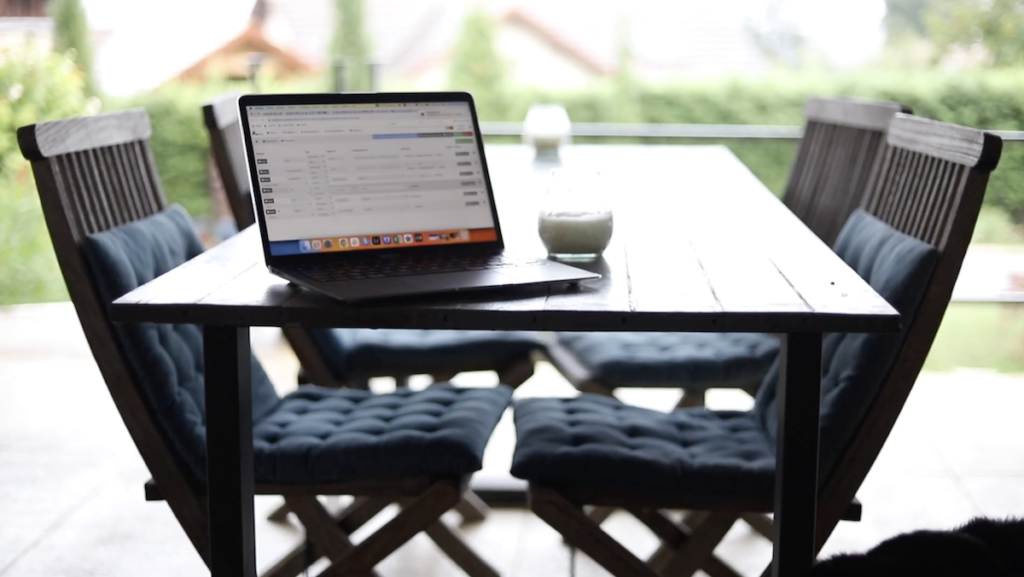
Mistake n°8: Not keeping the traditional
Having a smart home can be a good experience when everything works, but it can also be frustrating in the event of a technical failure.
In my opinion, it is important that smart devices do not replace the traditional.
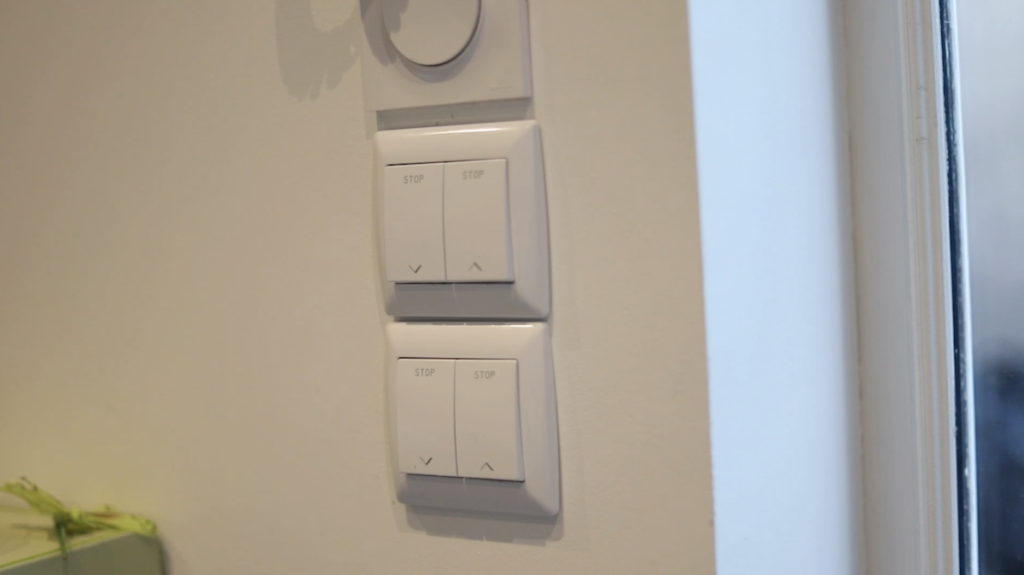
For example, if you want to manage wall lights in a house or blinds, I would recommend looking into purchasing smart modules that you can install behind the switches so that you still have control of the lights or blinds from the switches, just as you did before installing these modules.
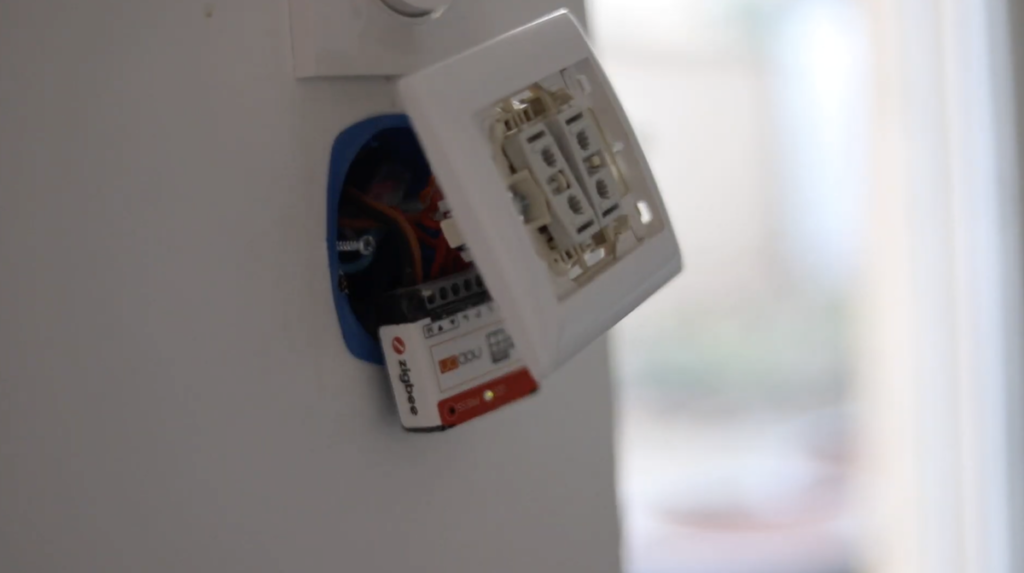
For a smart lock, I recommend models that are installed above your key inside the smart home such as the Nuki smart lock and that can open your door with a key on the outside even if you have another key inside the house, so that even if you have a technical failure of your device, it will always be possible to enter your house with the usual method, with your key.
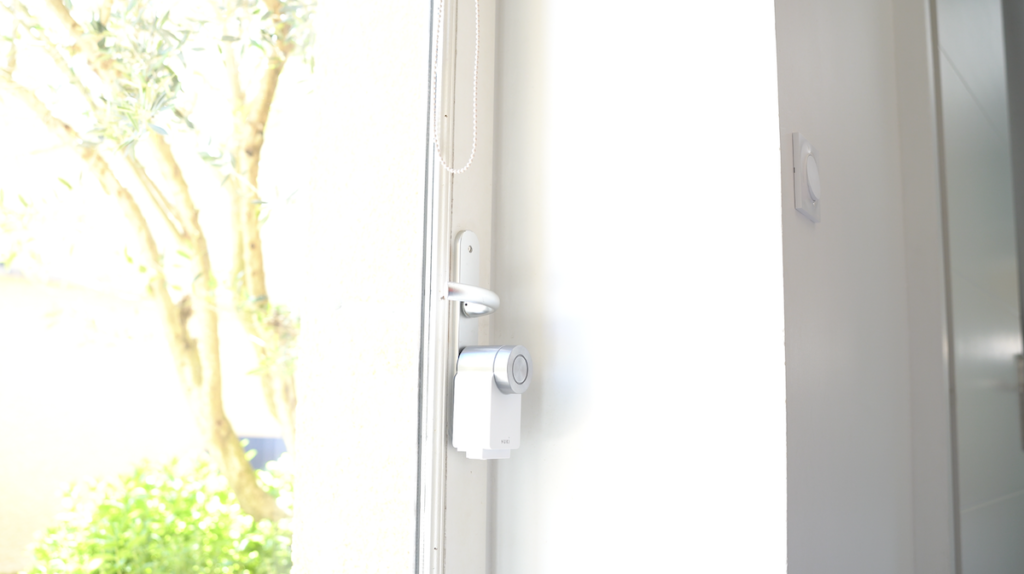
Another example would be the electric gate, you can add a smart module to open or close this gate remotely from your phone but you must still have control from a key or switch.
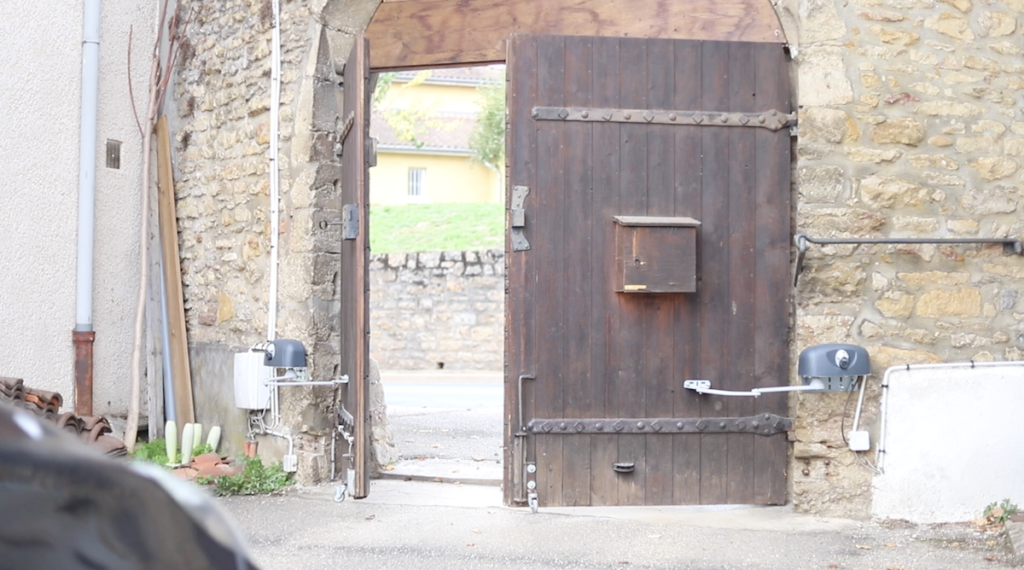
We can also mention the example of the pool filtration, you can install a smart module to have a defined programming of this filtration but in case of failure of the module, you must be able to activate and deactivate this filtration manually.
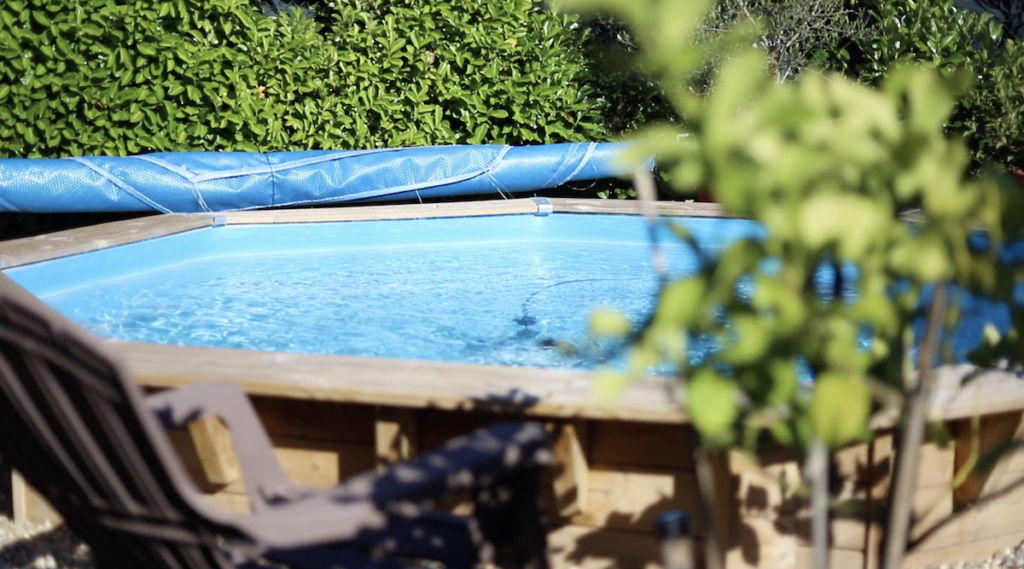
A final example would be heating. Although it is possible to create virtual thermostats thanks to your home automation hub, it would also be interesting to have physical thermostats to keep control of the heating.
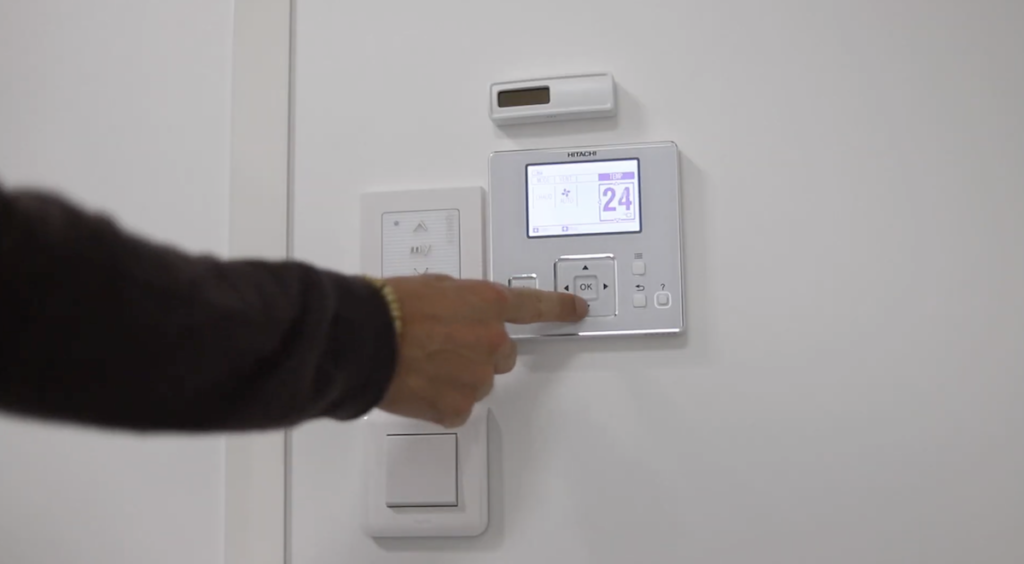
We can go on with more examples of how a smart home should be an additional layer to your traditional installation but that this traditional installation is preserved and can function as before.
Mistake n°9: Not thinking about other users
A smart home has to be to the liking of all users in order for everyone to enjoy a good experience.

Therefore, I think it would be a mistake to implement smart devices without the opinion of other users as it could lead to frustrations. To make your home smart you must have simple uses, the traditional must still work and must have utility.
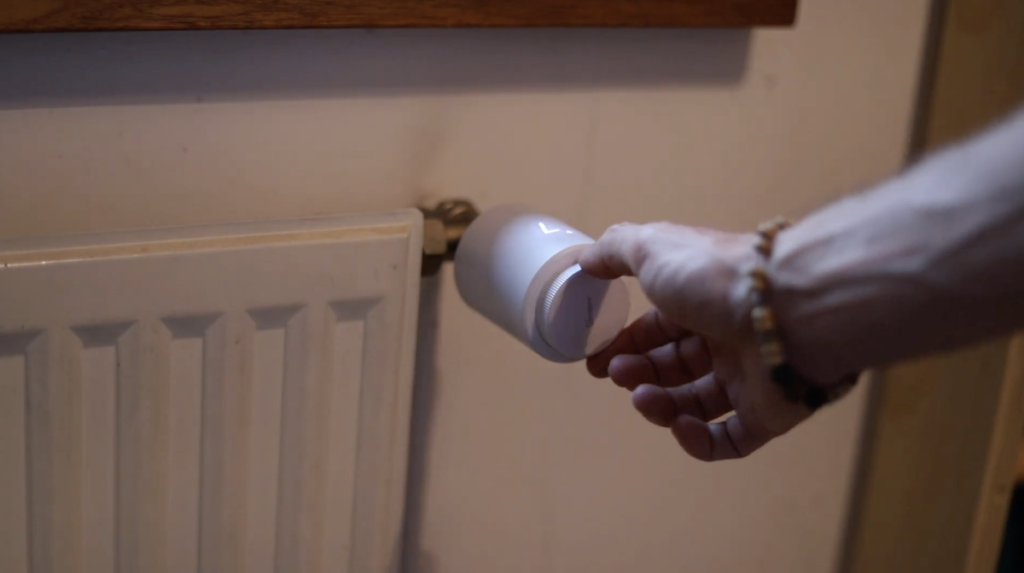
By meeting these requirements and if all users are interested in this experience, then you have chosen the right path for your installation.
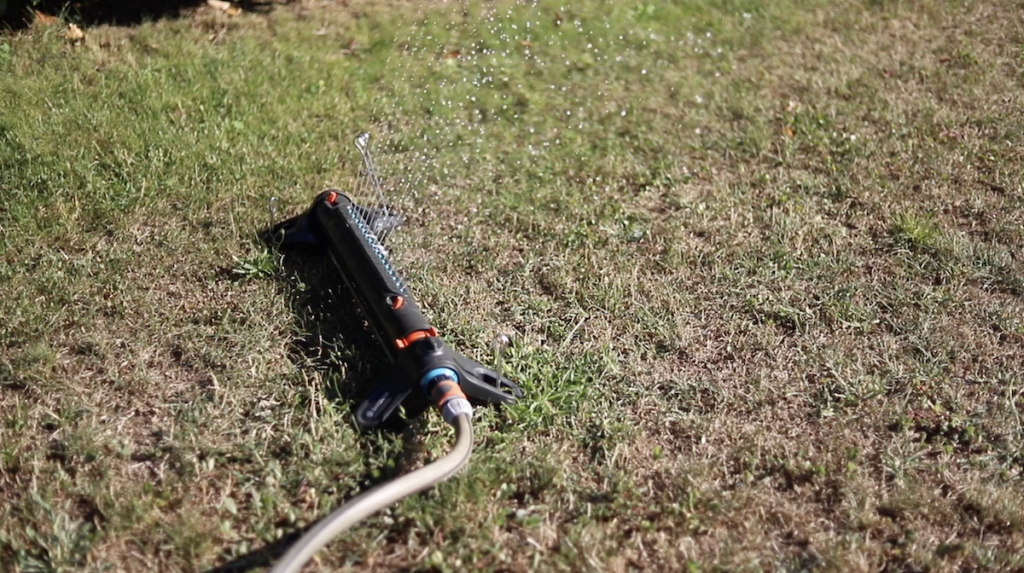
Mistake n°10: Not backing up the smart home
When you have everything installed and configured in your smart home, one detail that seems essential to me is to make backups periodically so that, if you have a technical failure, you can always recover your configurations without having to start again from scratch as you can waste hours reconfiguring everything.
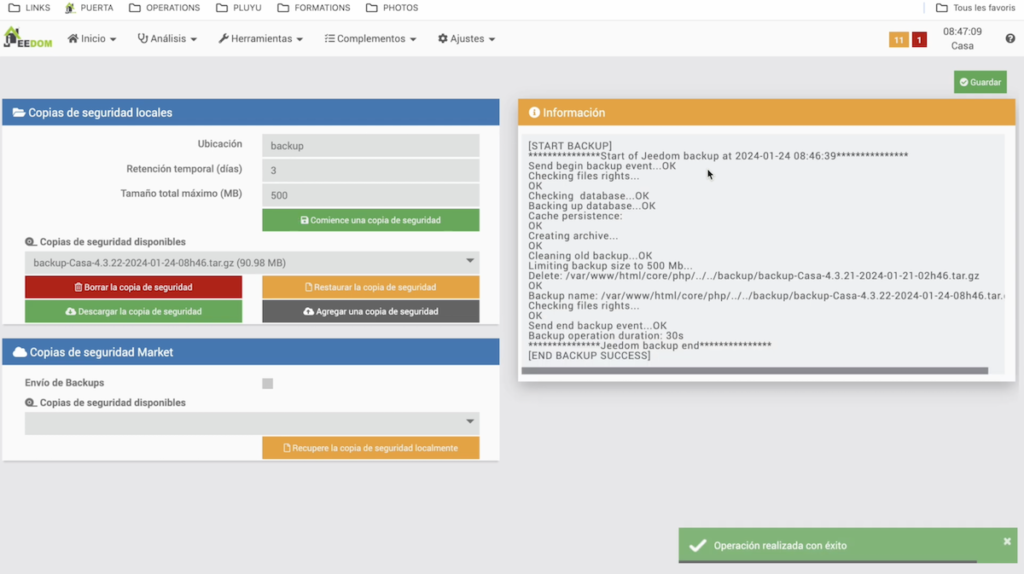
So if you have the possibility to make backups with your home automation hub, it is a task that takes little time to do and can save you a lot of frustration.
Extra TIP: Using 2.4 GHz WIFI network
And an extra tip I wanted to tell you about a common mistake, is to use a 5 GHz WIFI network to set up your smart device.
There are many devices on the market that can only link to a 2.4 GHz WIFI network.
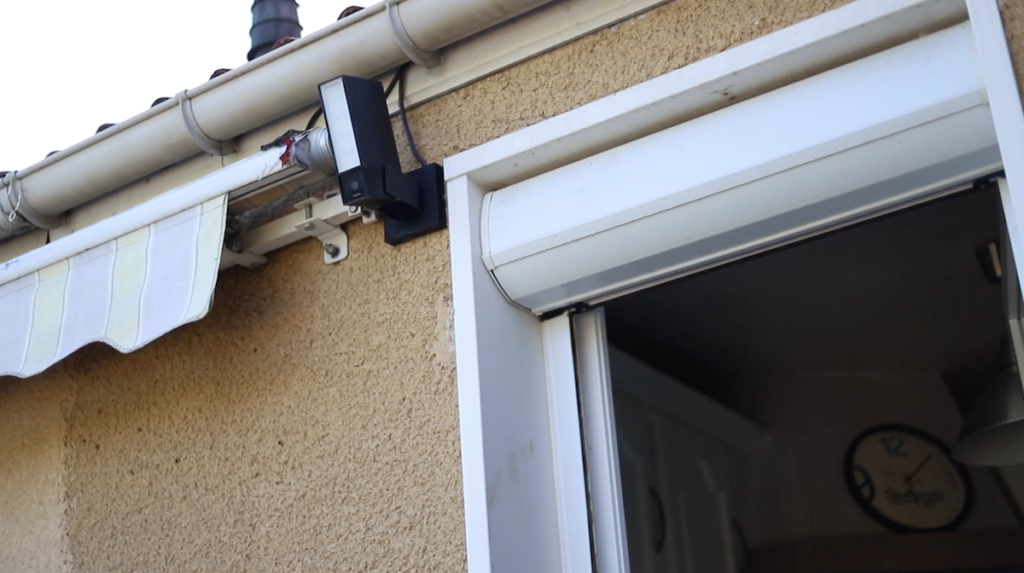
So I recommend you to check the documentation of the device since it is usually indicated and therefore, if necessary, you must activate your WIFI network in 2.4 GHz to configure this device.
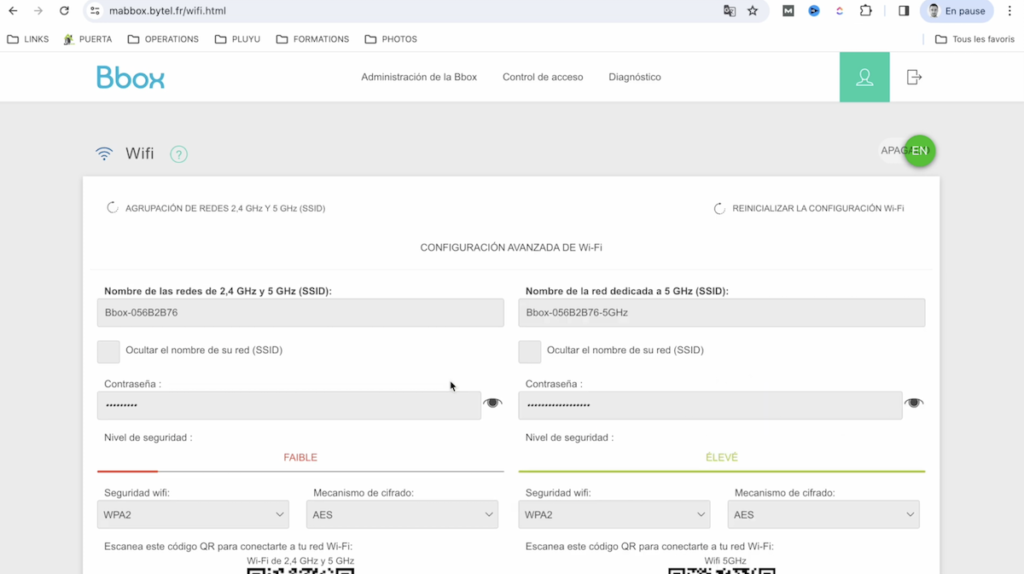
I hope these tips can help you make the best decisions.
Start Now your Smart Home


Graduated with a Higher Technician’s Certificate in Home Automation, a Professional Bachelor’s degree in E-commerce and Digital Marketing, and a Master’s degree in SEO, I have been working since 2013 in a home automation e-commerce company called Domadoo, where I have the opportunity to test a large number of the popular Smart Home products on the market.